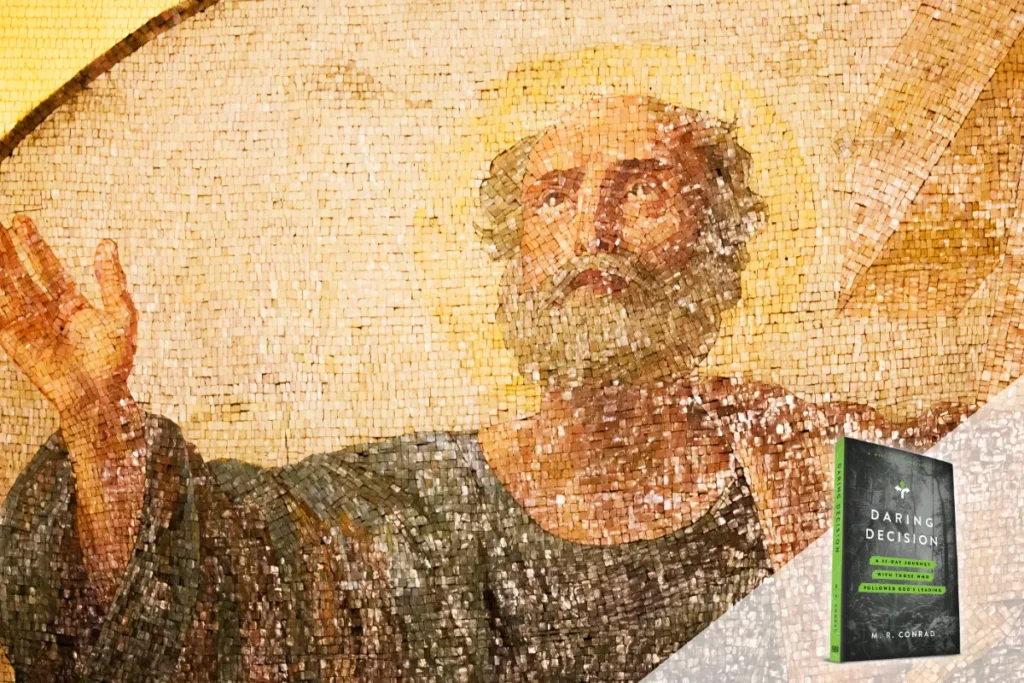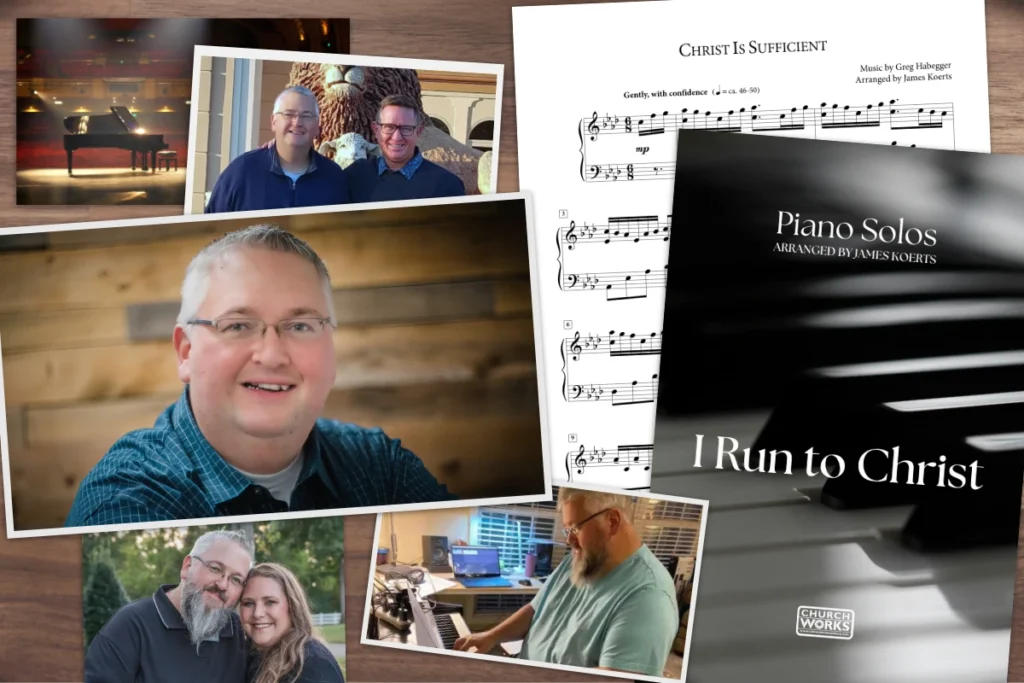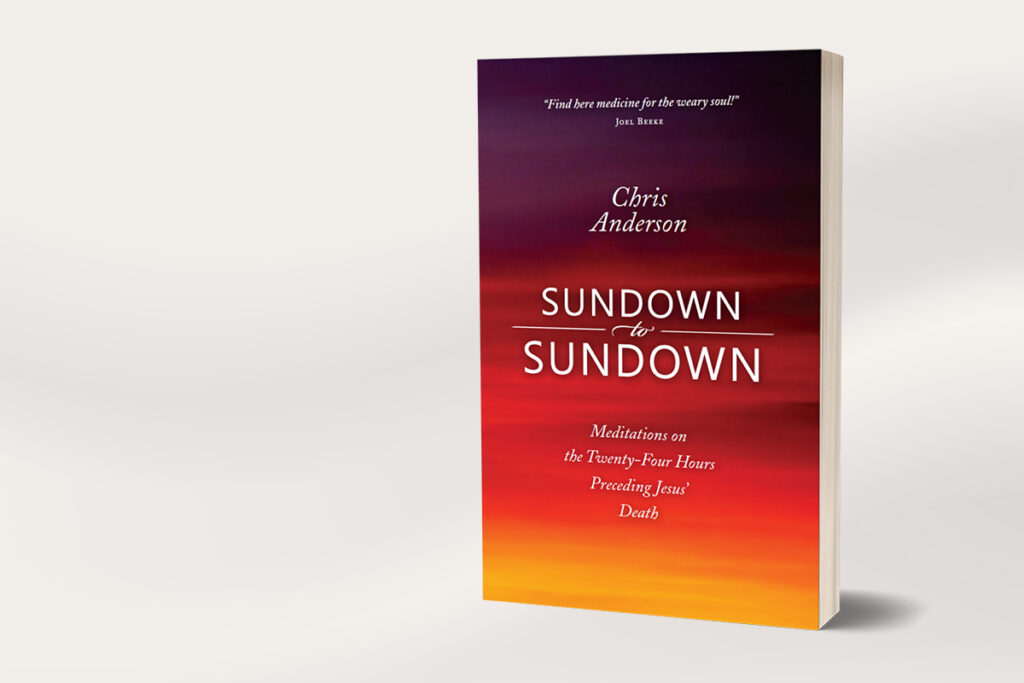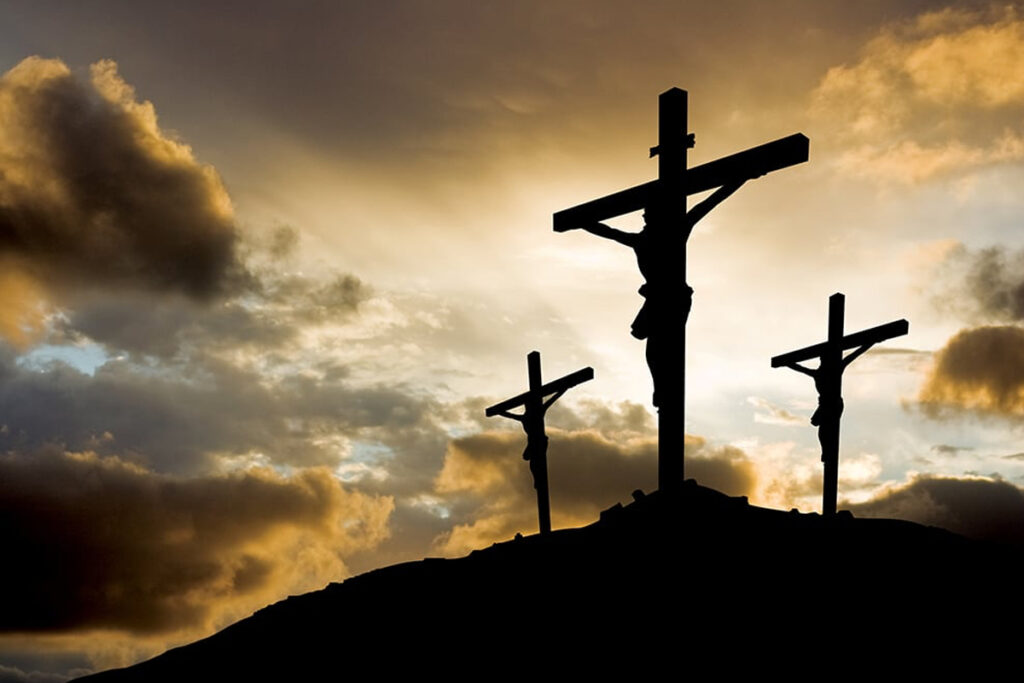
Blog
Your Best Life Later

“In this world you will have tribulation.” That’s a promise of Jesus, written in red letters in many Bibles. But it’s not one we quote often. There are other words of Jesus very like it:
- “Blessed are you when others revile you and persecute you and utter all kinds of evil against you falsely on my account” (Matthew 5:11).
- “Behold, I am sending you out as sheep in the midst of wolves” (Matthew 10:16).
- “If the world hates you, know that it has hated me before it hated you” (John 15:28).
Hard words about this hard world fill both Testaments:
- “What has a man from all the toil and striving of heart with which he toils beneath the sun? For all his days are full of sorrow, and his work is a vexation” (Ecclesiastes 2:22-23).
- “Man who is born of a woman is few of days and full of trouble” (Job 14:1).
- “For we know that the whole creation has been groaning together in the pains of childbirth until now. And not only the creation, but we ourselves, who have the firstfruits of the Spirit, groan inwardly…” (Romans 8:22-23).
- “Beloved, do not be surprised at the fiery trial when it comes upon you to test you, as though something strange were happening to you” (1 Peter 4:12).
Yes, there are times when we enjoy “a wonderful world,” to quote Louis Armstrong. But more often, Tennyson’s description is more accurate: the world is “red in tooth and claw.” Life is sad. People are suffering. If you disagree, you’re not paying attention… to Afghanistan and Nigeria, to pandemics and cancers, to genocides and abortions, and so on.
Scripture acknowledges that life in a sin-cursed world stings
How glad I am that Scripture acknowledges that life in a sin-cursed world stings. What Christianity offers is not a delusional promise of immunity from adversity (contrary to the blasphemous peddlers of the prosperity gospel). Instead, it looks without flinching into our troubled eyes and promises us that “the sufferings of this present time are not worth comparing with the glory that is to be revealed to us” (Romans 8:18). Relief and reward are future, not present. Our best life is yet to come.
The new hymn “All, At Last, Is Well” meditates on these themes.
Stanza 1 reflects on Psalm 46’s stark contrast between conditions on earth and conditions in heaven. On earth all is chaos and catastrophe: trouble, storms, and earthquakes. But in heaven there is perfect peace: a quiet stream, a holy city, and the throne of the Almighty. Christians may experience internal peace now, and God is with us to help us. But eternal, unbreakable peace will be ours when we are finally with the Lord.
Stanza 2 considers that same “pain-precedes-peace” theme, this time from Hebrews 11-13. God’s believing people have set their hearts on a perfect, heavenly city, “whose designer and builder is God” (11:10). We are strangers here, and we won’t be home until we are with our Lord in that better country and better city (11:13-16; 12:22-23; 13:14).
Stanza 3 concludes this hope-filled hymn by reminding us of a coming Kingdom–a central promise in both Testaments. God’s promise of a coming kingdom climaxes in Revelation 11:15: “The kingdom of the world has become the kingdom of our Lord and of his Christ, and he shall reign forever and ever.” King Jesus will return to fix this broken world and mend our battered hearts. He will be honored as the Lord of all (Philippians 2:9-11). He will make all things new (Revelation 21-22). That is our sure and blessed hope.
God’s grace sustains us in a troubled world. And God’s grace will lead us safely home. All, at last, will be well.












